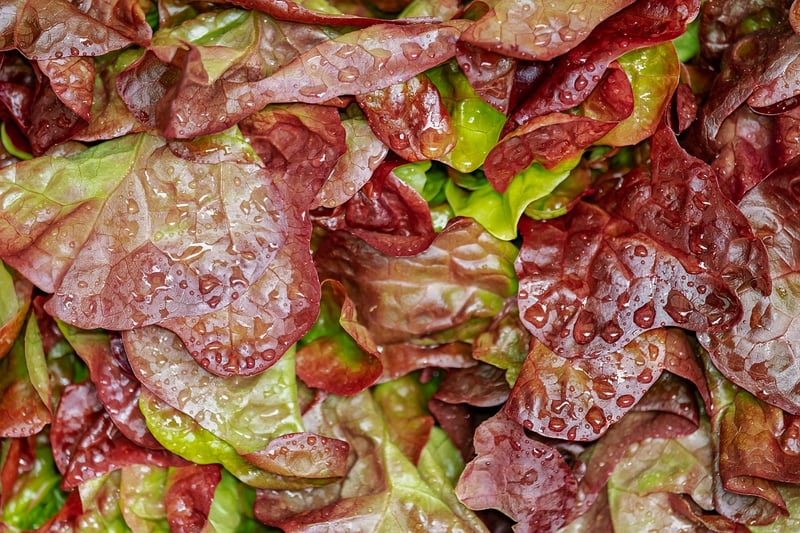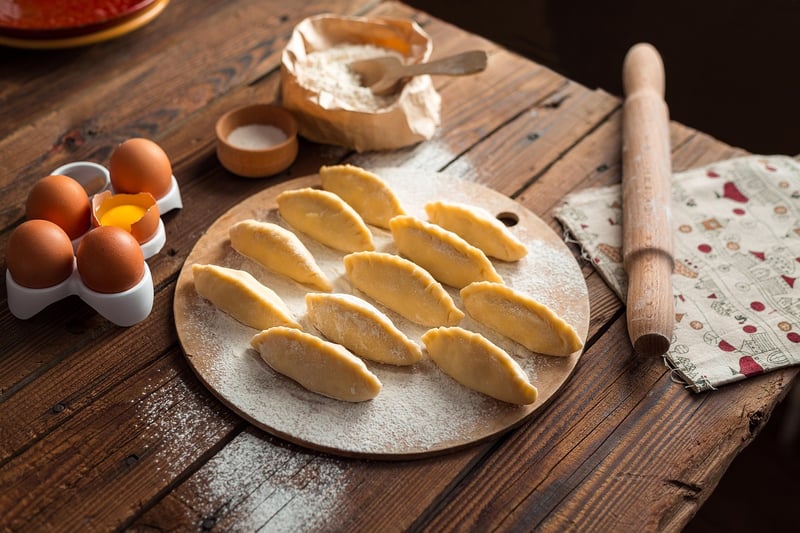Culinary Techniques
Enhance Your Culinary Skills with These Essential Culinary Techniques
Are you looking to take your cooking to the next level? Mastering essential culinary techniques can make a world of difference in the kitchen. Whether you're a beginner or a seasoned home cook, these fundamental skills will help you elevate your dishes and impress your family and friends. Let's explore some key culinary techniques that every aspiring chef should know.
1. Knife Skills
One of the most important skills in the kitchen is knowing how to handle a knife properly. From chopping and slicing to dicing and mincing, mastering knife skills will not only make your prep work faster but also ensure uniformity in your ingredients.
2. Flavor Balancing
Understanding how to balance flavors – sweet, salty, sour, bitter, and umami – is crucial in creating well-rounded and delicious dishes. Experiment with different seasonings and ingredients to achieve the perfect flavor profile in your cooking.
3. Heat Control
Controlling heat is key to cooking various dishes to perfection. Whether you're searing, sautéing, braising, or baking, knowing when to adjust the heat can make a significant difference in the outcome of your dish.
4. Plating Techniques
They say we eat with our eyes first, and plating techniques can enhance the visual appeal of your dishes. Learn how to plate food attractively, considering factors like color, texture, and balance to create stunning presentations.
5. Food Safety and Sanitation
Practicing proper food safety and sanitation measures is non-negotiable in the kitchen. From storing ingredients correctly to avoiding cross-contamination, maintaining a clean and safe cooking environment is essential for good cooking practices.
6. Cooking Methods
Explore different cooking methods such as grilling, roasting, braising, and steaming to add variety to your dishes. Each cooking technique imparts unique flavors and textures to the food, allowing you to experiment and create diverse culinary experiences.
7. Recipe Adaptation
While following recipes is a great way to learn, being able to adapt and improvise based on ingredients and personal preferences is a valuable skill. Understanding the basics of flavor profiles and ingredient substitutions can help you customize recipes to suit your taste.



By honing these essential culinary techniques, you can expand your cooking repertoire and create restaurant-quality dishes in the comfort of your own kitchen. So, grab your apron, sharpen your knives, and get ready to take your culinary skills to new heights!
Remember, practice makes perfect, so don't be afraid to experiment and keep refining your skills. Happy cooking!
